
See You There!


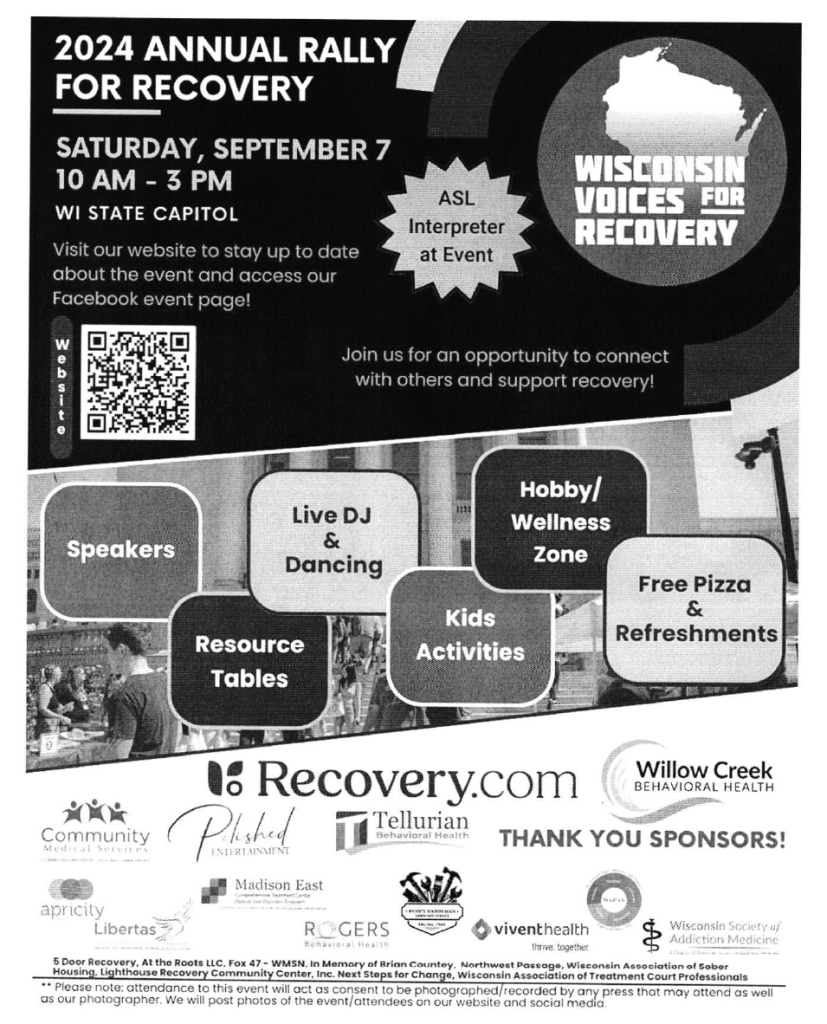
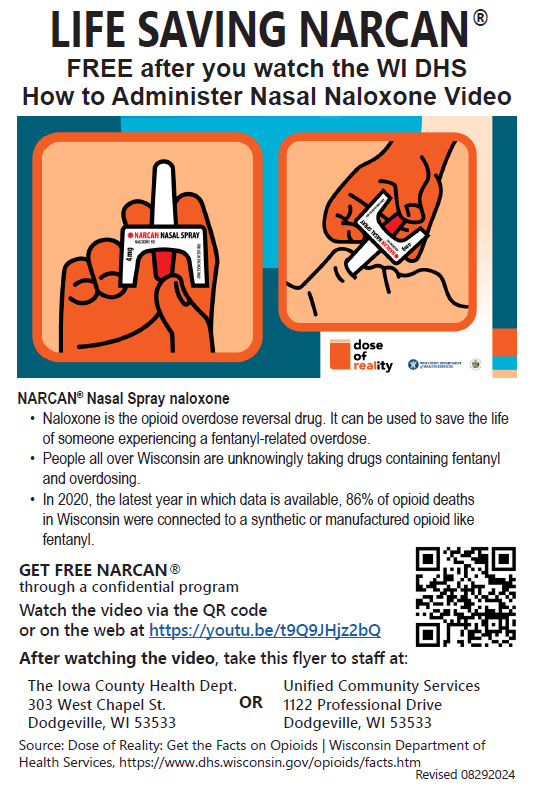
Super grateful to have community partners like Grant County Social Services and their CST Team who created the Back to School Resource Fair for Grant County residents on August 26, 2024. We were honored to partner with them to help families get their needs met at the beginning of the school year with so many other other vendors and stakeholders who work so hard to meet the needs of Grant County families.
Article at https://www.wpr.org/…/summer-back-to-school-supply…
Thank you also to Wisconsin Public Radio for covering these efforts in their recent article!
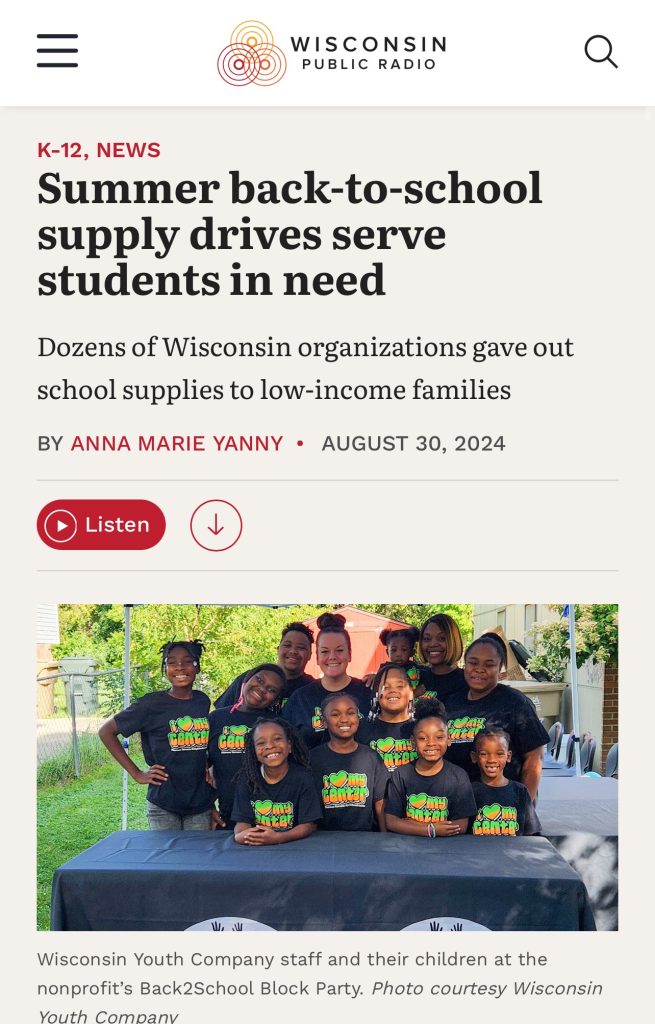
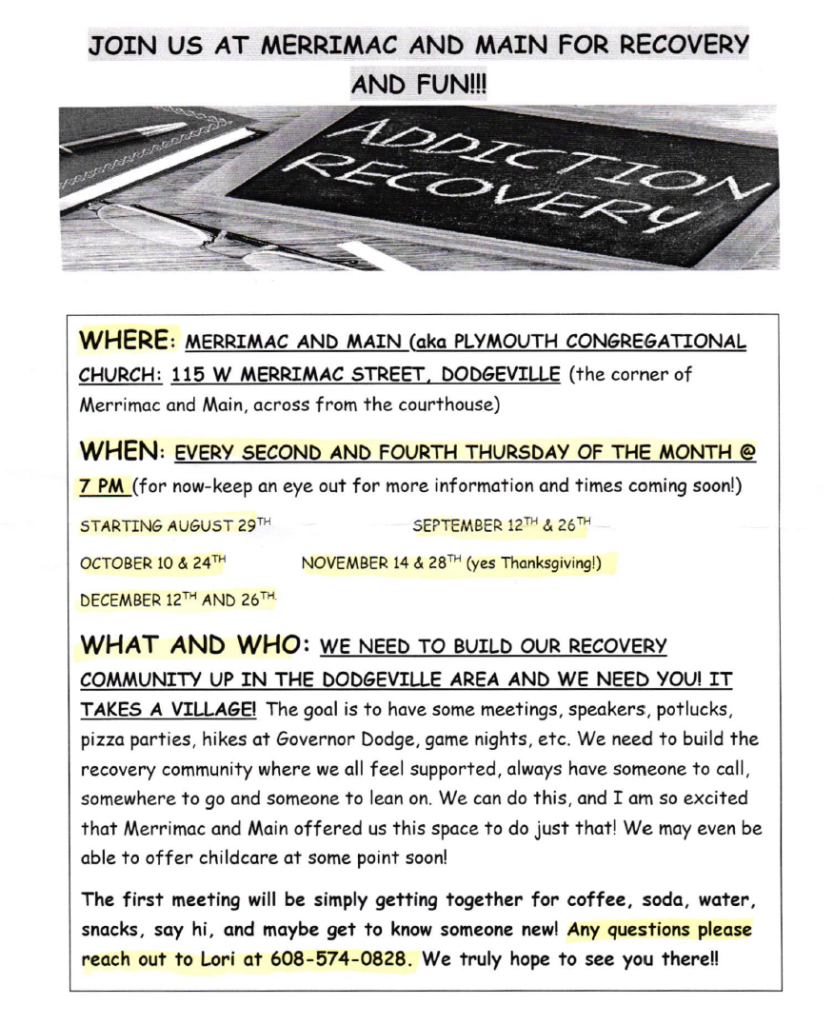
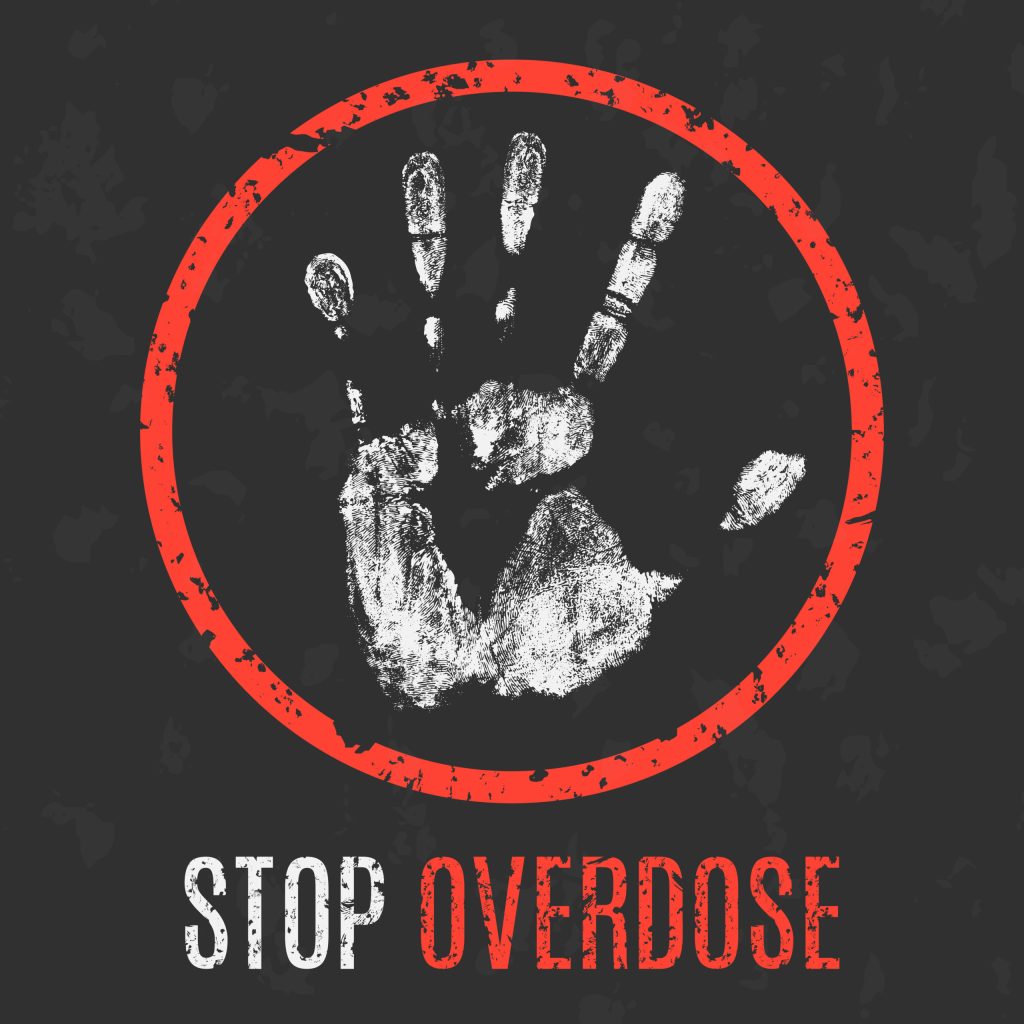
For those who may be at high-risk for an opioid overdose, you can have naloxone discretely mailed to you at no cost. See the link below.
Free fentanyl test strips are available by mail to residents of Wisconsin. Test strips are an excellent tool but need to be part of an overall harm reduction strategy. Also see the link below.
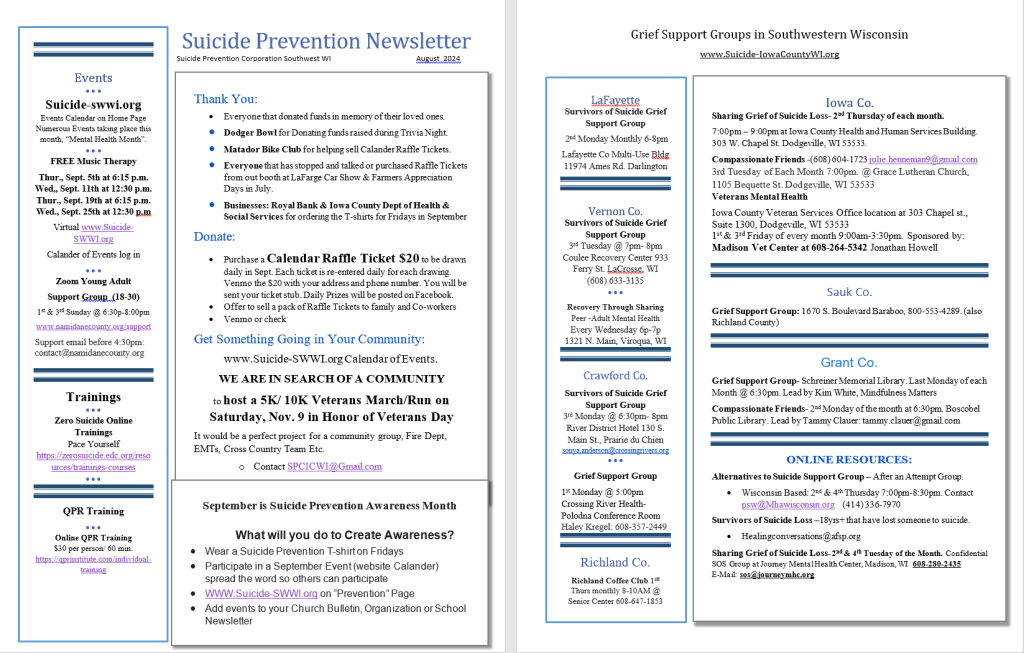
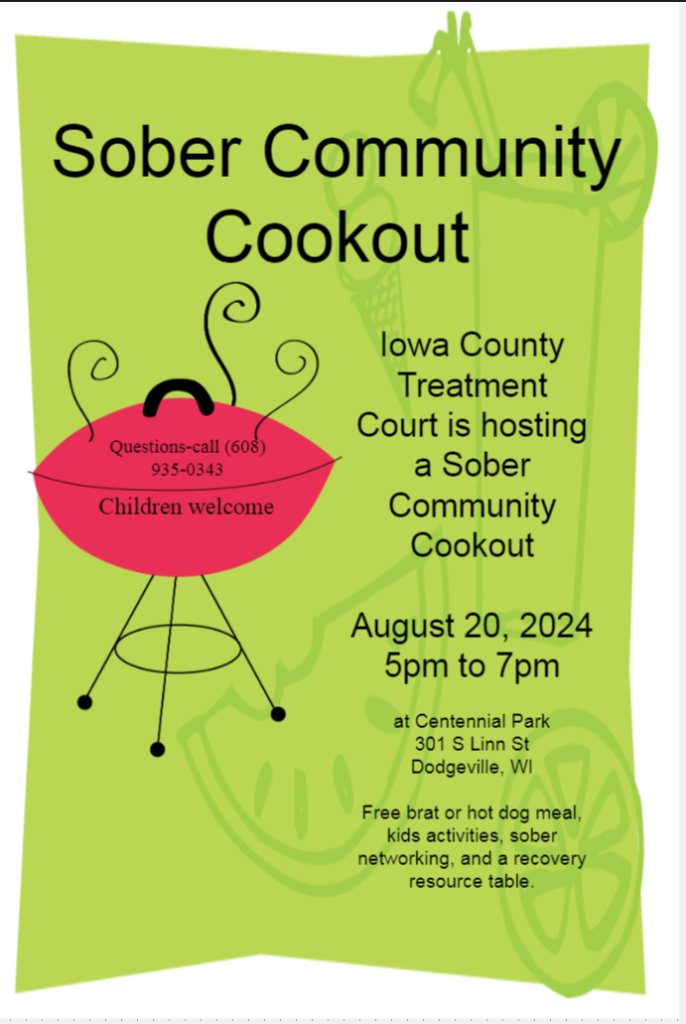
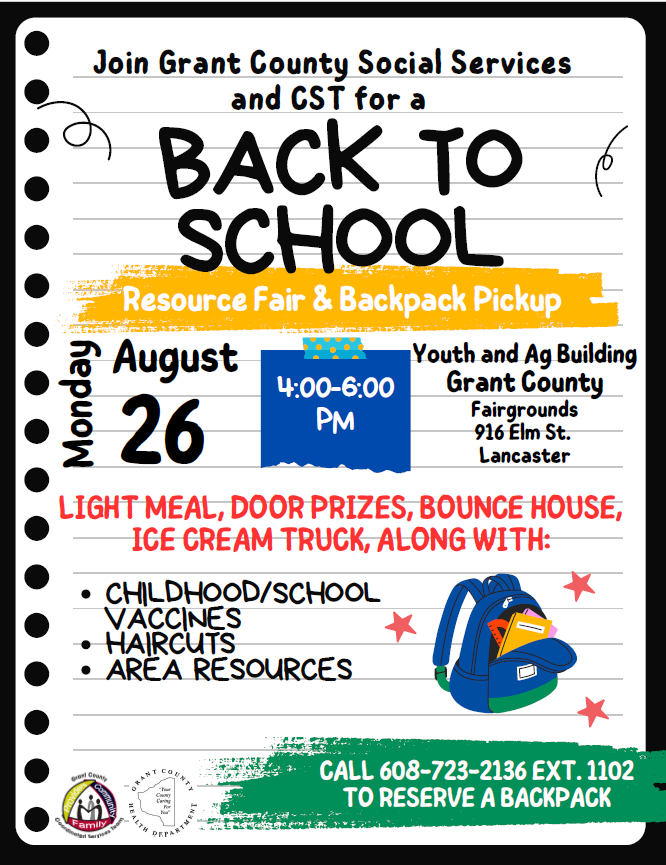
The Grant County Coordinated Services Team, along with Grant County Social Services, and the Grant County Health Department will be hosting the Resource Fair and Back Pack Pick Up on August 26th. This is a free event for parents and families of Grant County to learn more about the resources and services available to them. We will also provide a light meal, face painting, door prizes, free backpacks with supplies (to those who register), childhood/school vaccines, haircuts and activities for families.
The event will be held on August 26th, 2024 from 4pm-6:00 pm at the Youth and Ag Building, 916 East Elm St. Lancaster, WI 53813 (located at the Grant County Fairgrounds).
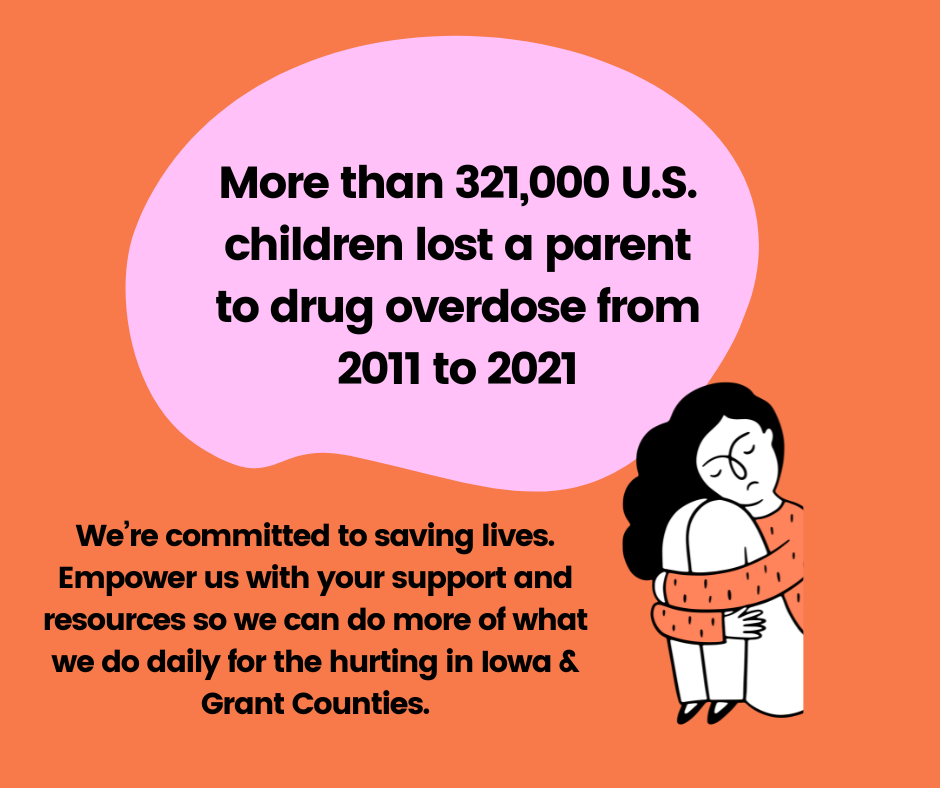
Our amazing Prevention Specialist recently shared this gut wrenching statistic with our staff. This is why we value our tremendous staff so deeply and constantly advocate for them and those they serve. They are on the front lines of saving lives in Grant and Iowa Counties.
“An estimated 321,566 children in the United States lost a parent to drug overdose from 2011 to 2021, according to a study published in JAMA Psychiatry. The rate of children who experienced this loss more than doubled during this period, from approximately 27 to 63 children per 100,000. The study was a collaborative effort led by researchers at the National Institutes of Health’s (NIH) National Institute on Drug Abuse (NIDA), the Substance Abuse and Mental Health Services Administration (SAMHSA), and the Centers for Disease Control and Prevention (CDC).”